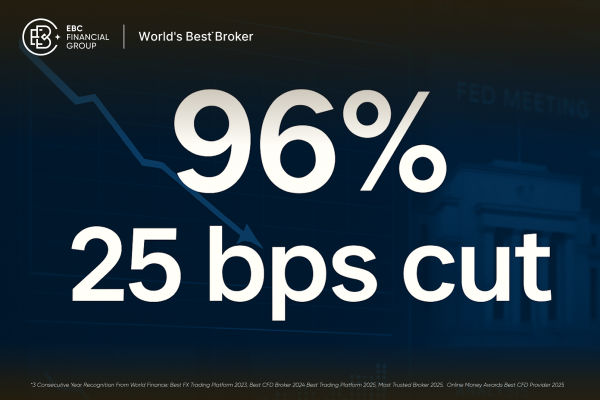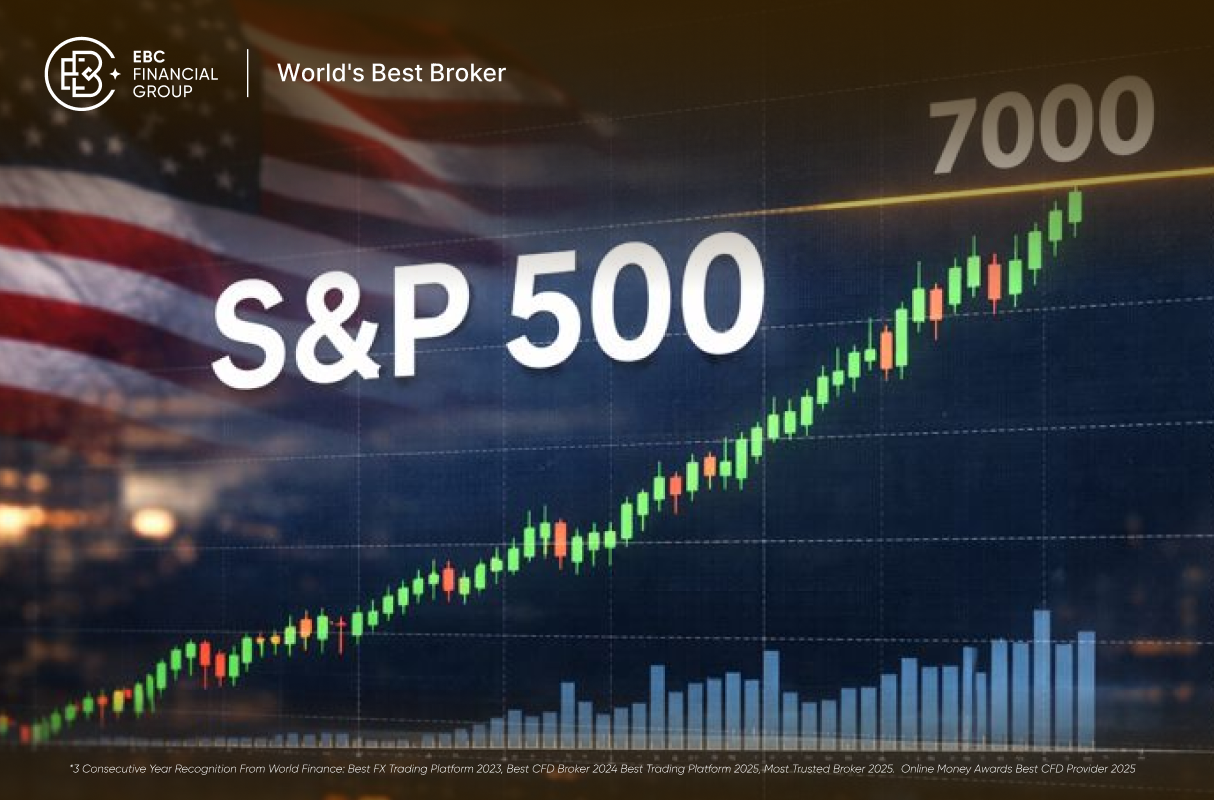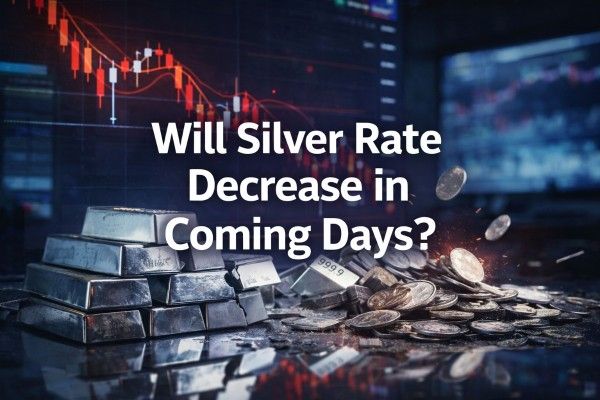Markets are bracing for a pivotal moment. Today (October 28–29, 2025), the U.S. Federal Reserve convenes at 2 p.m. EST, and traders widely expect the Fed to deliver its second rate cut of the year, likely trimming its benchmark federal funds rate by 25 basis points, from 4.00%–4.25% to 3.75%–4.00%.
Recent data support this shift as inflation cooled modestly in September, the labour market has softened, and futures markets now price in a 96.7% probability of a 25-bps cut according to the CME FedWatch Tool.
However, a government shutdown has caused a data blackout, leaving the Fed without several critical reports. This forces policymakers to rely on private surveys and alternative indicators, raising the risk of policy missteps.
In this preview, we break down the likely Fed decision, the main risks at play, what markets will be watching, and how investors should position themselves for the outcomes.
Quick Snapshot: Expectations Ahead of the Fed Meeting Today
| Indicator |
Latest Reading |
Market Interpretation |
| Fed Funds Target Range |
4.00–4.25% |
Set to be cut by 25 bps |
| Core Inflation (Sept 2025) |
3.0% YoY |
Moderating but above target |
| Labor Market |
Softening |
Job growth slowing |
| CME Rate-Cut Probability |
96.7% |
Second cut highly expected |
| Key Risk |
Data blackout due to shutdown |
Higher uncertainty |
During its September Fed meeting, the Fed implemented its initial rate reduction of the year, decreasing rates to 4.00–4.25%. Policymakers then cited "rising downside risks to employment" and signalled readiness for further easing if conditions worsened.
Heading into this week's meeting, nearly all economists expect another 25-bps cut, with some anticipating that the Fed could also pause its quantitative tightening (QT) to preserve liquidity. [1]
Bank of America and several major investment banks forecast at least one additional cut in December 2025 if disinflation continues.
Other Key Talking Points for the October 2025 Fed Meeting
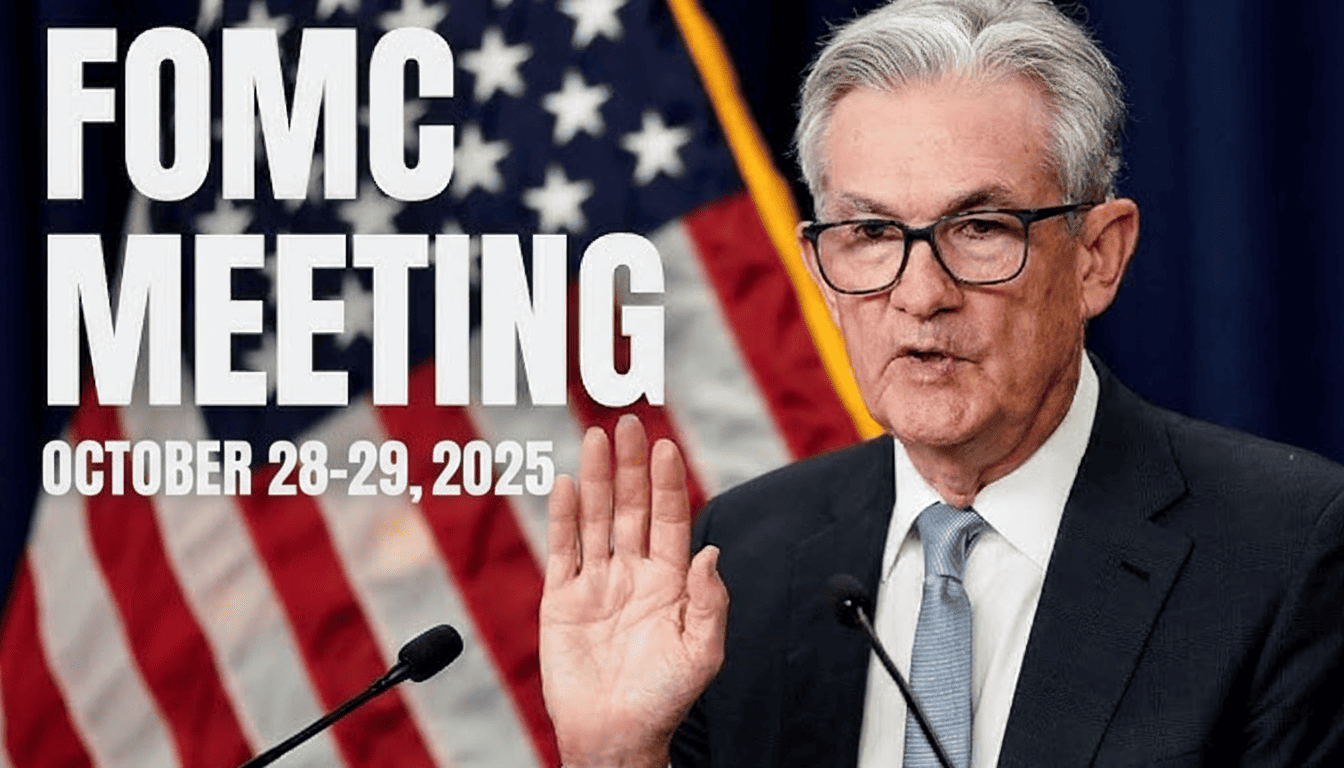
1. Balancing Inflation vs Employment
Chair Jerome Powell faces a familiar challenge as inflation remains above the 2% target, while the job market shows signs of fatigue.
The Fed must decide whether to prioritise growth and jobs or defend its inflation credibility by maintaining restraint.
2. Data Blackout from the Government Shutdown
The ongoing shutdown has delayed multiple reports, including official labour and retail data.
Fed officials have relied on ADP employment surveys, various spending indicators, and sentiment measures, which indicate a slowdown in job growth and restrained consumer demand. [2]
3. Inflation Dynamics: Sticky Core, Slowing Headline
Headline CPI increased to 3.0% in September, while core inflation decreased slightly, indicating that underlying disinflation persists, although tariff impacts and service-sector rigidity still pose risks.
4. Internal Divergences within the Fed
Not all policymakers agree on the path forward. Some newer voices, reportedly including Governor Stephen Miran, favour a larger 50-bps cut, arguing pre-emptive easing could stabilise the economy. [3]
However, most FOMC members prefer a measured 25-bps move, reflecting caution against reigniting inflation.
5. Market Expectations & Fed Credibility
Markets have already priced in easing, so Powell's tone will matter as much as the rate move itself.
If the Fed signals an "all-in" cutting path, volatility could spike and confidence in its inflation fight may erode.
Expect the Fed to emphasise "data-dependence and flexibility."
6. Forward Guidance and Dot-Plot Revisions
Watch for any updates to the dot plot, which may imply whether further cuts are likely in December 2025 or early 2026.
A signal of additional easing could lift equities and weaken the dollar; a cautious stance could temper risk appetite.
7. Balance Sheet Policy (QT)
The market will closely monitor any hint of a pause in balance-sheet runoff, a move that could support Treasury liquidity and ease market stress as the year concludes.
8. Market Reactions Across Asset Classes
Bonds: Short-term yields likely to fall; yield curve steepens.
Equities: Growth and tech sectors could rally under a dovish tone.
Credit: Spread tightening possible if liquidity improves.
FX & Commodities: Dollar likely to soften; gold and oil may rise modestly.
Potential Scenario Analysis & Market Impacts
Here are plausible decision/outcome scenarios, and how markets might respond:
| Scenario |
Policy Move |
Market Reaction |
| A. 25 bps Cut + Dovish Tone (Base Case) |
3.75–4.00% + QT pause |
Stocks rally, yields fall, risk assets gain |
| B. 25 bps Cut + Cautious Guidance |
Cut + guarded tone |
Initial rally fades; flatter yield curve |
| C. No Cut / Delay |
Rates unchanged |
Risk-asset sell-off, USD strength |
| D. 50 bps Cut |
Aggressive easing |
Markets surge, curve steepens sharply, inflation fears resurface |
Scenario A: 25 Bps Cut + Dovish Tone (Base/Most Likely)
Fed cuts rates to 3.75–4.00 %, signals further cuts ahead, pauses QT.
Stock markets rally, short-term bond yields fall, and the curve steepens.
Credit spreads tighten, and risk assets benefit broadly.
Scenario B: 25 Bps Cut + Cautious Guidance
Fed continues to reduce rates, yet adopts a hawkish stance in future guidance (more ambiguity regarding December).
Markets surge at first but diminish if the outlook indicates restricted adaptability.
Treasury yields could narrow, resulting in a flatter curve; stocks might experience profit-taking.
Scenario C: No Cut / Delayed Move
An unexpected choice to maintain rates or postpone the reduction would startle markets, potentially leading to a sell-off in risk assets, an increase in yields, and strengthening of the USD.
This outcome is unlikely given current pricing but represents a tail risk under more hawkish inflation or internal resistance.
Scenario D: Extra-Aggressive Cut (50 Bps)
Highly unlikely in consensus, but if Miran's view prevails or the committee becomes more dovish, a 50 bps cut could rocket markets higher, steepen curves dramatically, and force repricing of rate markets aggressively upward.
Risk of inflation backlash or overextension would loom.
What Investors & Traders Should Do Pre-and Post FOMC Meeting
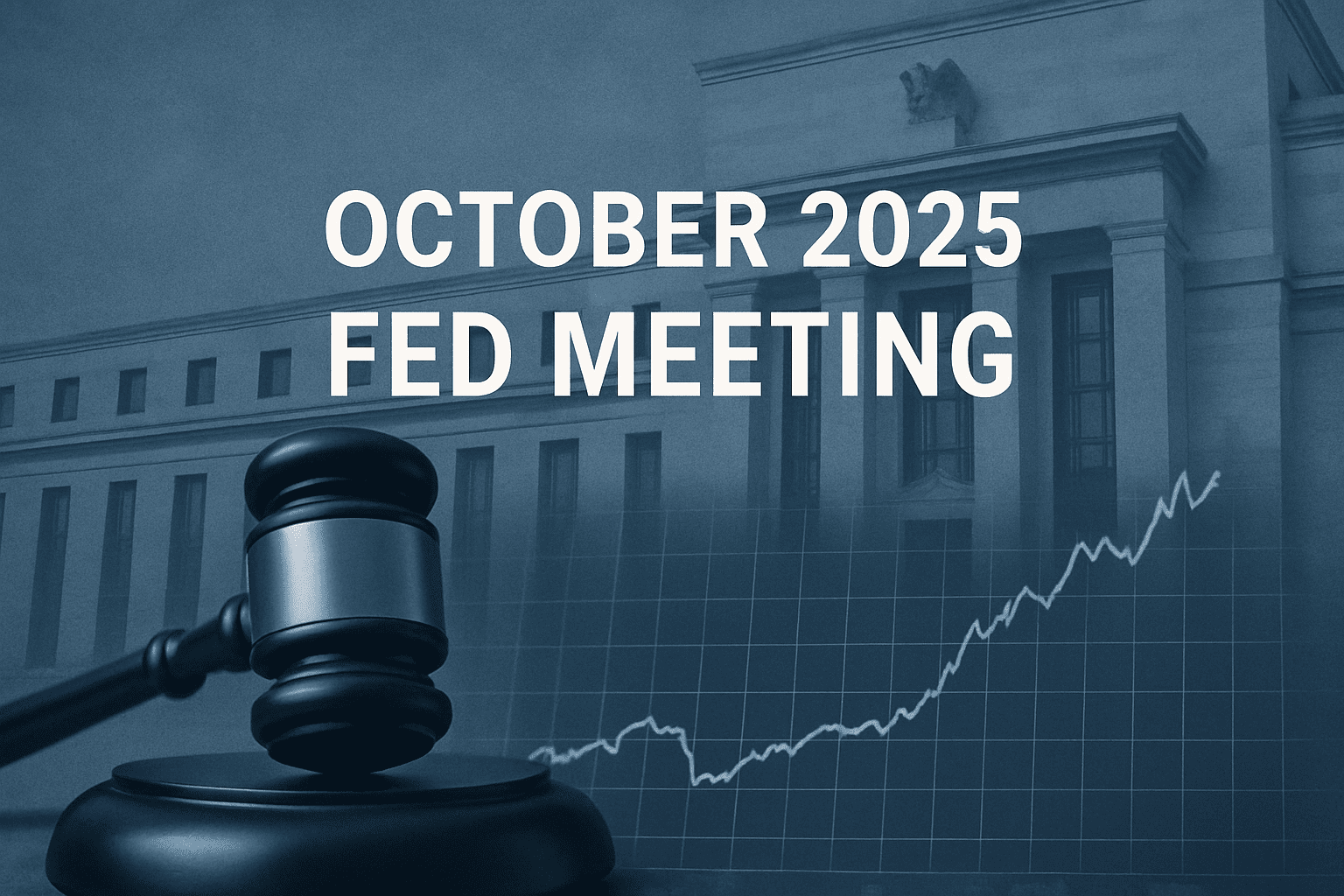
Long-Term Investors
Treat this as a portfolio rebalancing point, not an entry frenzy.
Add to quality growth and dividend names benefiting from lower yields.
Sustain cash reserves for fluctuations following the announcement.
Swing / Tactical Traders
Watch S&P 500 resistance near recent highs and 2-year Treasury yields for breakout signals.
Consider options plays (straddles or spreads) if implied volatility remains reasonable.
Avoid pre-emptive trades before Powell's press conference.
Bond and Yield-Focused Investors
Expect short-end yields to fall faster than long-end if the Fed is dovish.
In corporate credit, prepare for spread tightening after the decision.
For curve traders, steepeners might start to perform effectively.
Frequently Asked Questions
1. Is This Rate Cut Already "Baked In"?
Yes. Markets price in roughly a 96–97% chance of a 25-bps cut, per CME FedWatch.
2. Could This Be the Last Fed Rate Cut in 2025?
It's unlikely. Many Fed officials and analysts expect at least one more cut in December, contingent on data.
3. How Will the Rate Cut Affect My Loans and Mortgages?
Variable-rate loans, credit cards, and adjustable mortgages could see modest rate reductions over the next few weeks.
4. Could This Lead to Inflation Resurgence?
Potentially, if rate cuts overly stimulate demand or supply chain issues worsen.
Conclusion
In conclusion, the October 2025 FOMC meeting marks a key turning point from restraint toward gradual support for growth. The most probable outcome is a 25-bps cut, but success hinges on maintaining credibility while supporting the labour market.
For investors, this is a strategic inflexion point, not a guaranteed rally. Size positions carefully, stay liquid, and react to confirmed post-meeting signals rather than speculation.
If the cut is confirmed, markets will pivot to December as the next decision window, making upcoming macro releases and Fed communication even more important.
Check back for our post-FOMC reaction and trade ideas as the Fed releases its statement.
Disclaimer: This material is for general information purposes only and is not intended as (and should not be considered to be) financial, investment or other advice on which reliance should be placed. No opinion given in the material constitutes a recommendation by EBC or the author that any particular investment, security, transaction or investment strategy is suitable for any specific person.
Sources
[1] https://www.reuters.com/business/fed-poised-cut-rates-this-week-with-more-easing-likely-tap-2025-10-27/
[2] https://www.thenationalnews.com/business/economy/2025/10/27/federal-reserve-flying-blind-as-rate-cut-decision-looms/
[3] https://nypost.com/2025/10/16/business/feds-stephen-miran-says-he-wants-half-point-interest-rate-cut-this-month/
